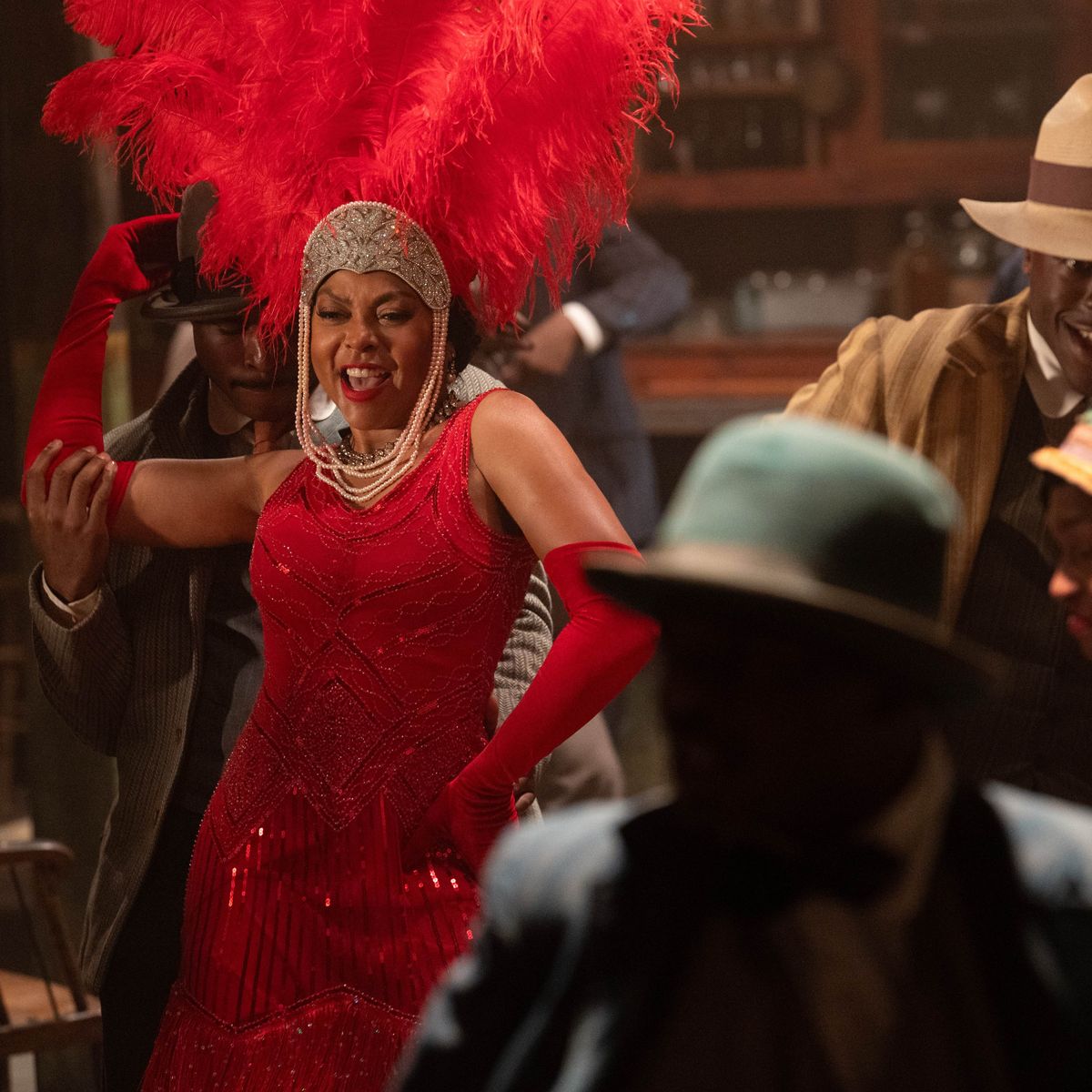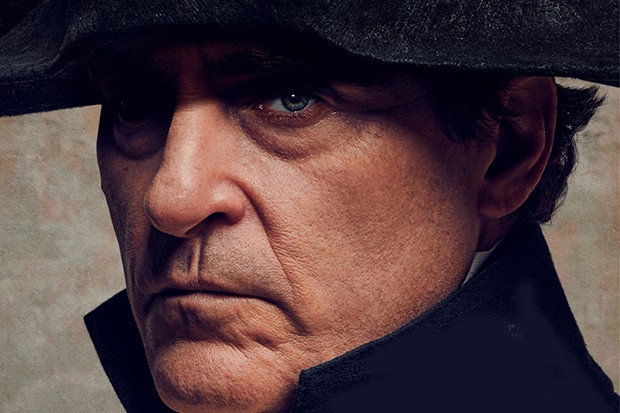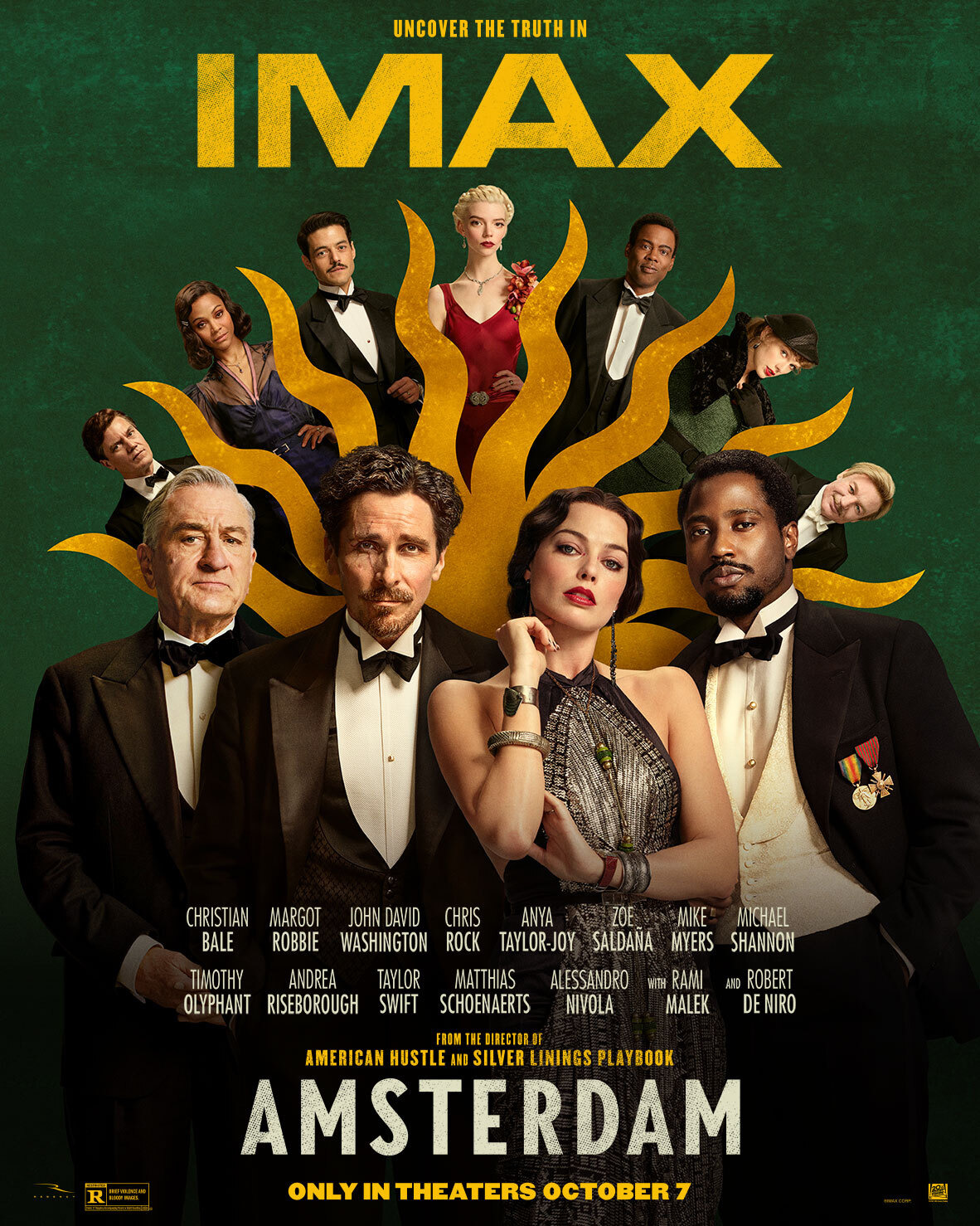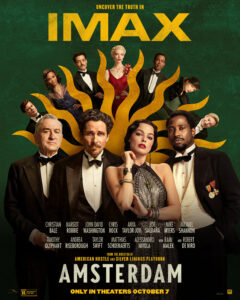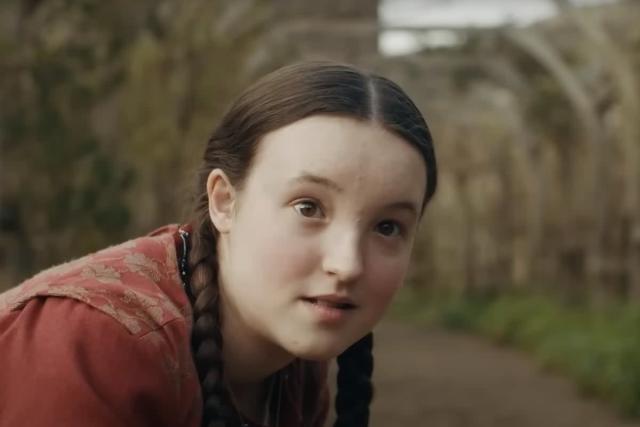Cabrini
Posted on March 5, 2024 at 9:41 pm
B| Lowest Recommended Age: | Middle School |
| MPAA Rating: | Rated PG-13 for thematic material, some violence, language and smoking |
| Alcohol/ Drugs: | Alcohol and alcoholism, smoking |
| Violence/ Scariness: | Peril and violence including a fire, reference to suicide, dire poverty, loss of parents, serious illness |
| Diversity Issues: | A theme of the movie |
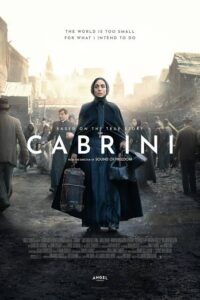
Frances Xavier Cabrini was an Italian nun who became the first US citizen to be canonized as a saint. Sent to the US by the Pope in 1889, she established an order called the Missionary Sisters of the Sacred Heart of Jesus and, despite poor health, she fought poverty, misogyny, and bigotry against Italian immigrants to establish schools, hospitals, orphans’ homes, and support services in several cities and countries.
This lush, respectful film stars Cristiana Dell’Anna as Mother Cabrini, David Morse as the Archbishop who sees her as a distraction who wants to divert his sources of funding, John Lithgow as the major of New York City who tries to stop her, and Giancarlo Giannini as the Pope who responds to her request to send her to do relief work in Africa by telling her she must go “not to the East but to the West.” He knows there is tremendous prejudice against the Italian immigrants in the US and no established welfare system for the poor or for children without parents.
Director and co-writer Alejandro Monteverde (“The Sound of Freedom”) has described the film as “a painting” of Cabrini’s life, and the sumptuous production values are breathtaking. Director of Cinematography Gorka Gómez Andreu makes every shot glow with light and life and production designer Carlos Lagunas creates 19th century Italy and New York so vibrantly we are utterly immersed in Mother Cabrini’s world. No expense was spared, no corners were cut, and so all of the many different locations are filled with fascinating detail.
The storyline is simple. People try to stop Mother Cabrini from helping her community and she does not give up. There are terrible setbacks — corruption, fire, her own physical frailty. There is prejudice, even contempt, for Italian immigrants. But she never loses faith and she never lessens her determination and resilience. Dell’Anna’s eyes are wonderfully expressive, and she makes the small woman in the severe habit a vital, moving presence.
Parents should know that this film includes dire poverty, bigotry, orphaned children, a reference to suicide, serious illness, and a fire.
Family discussion: Nuns are normally required to show humility and obedience. Why was Mother Cabrini different? What made her effective?
If you like this, try: “Mother Teresa: No Greater Love” and “The Two Popes”


